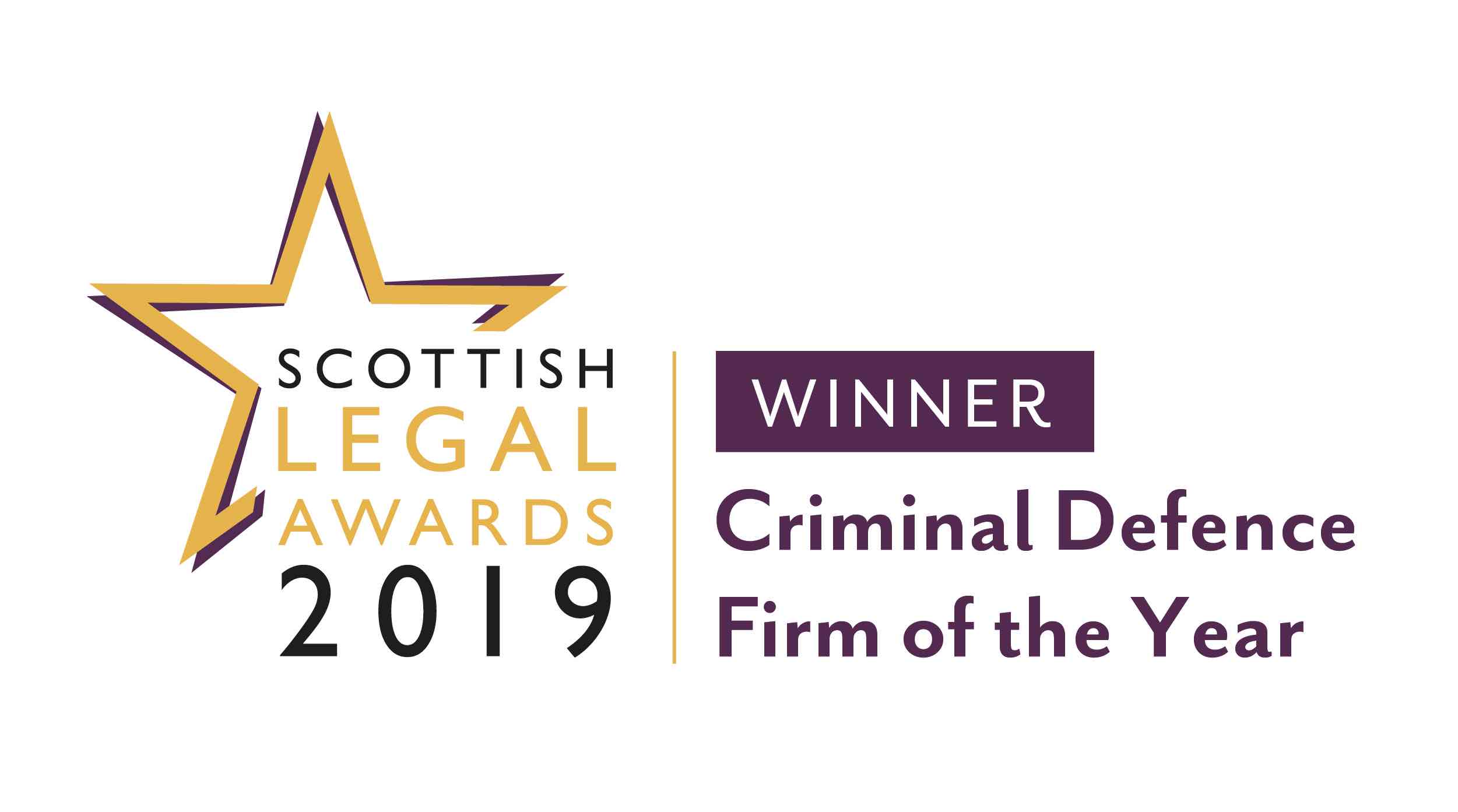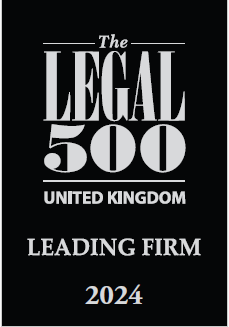Call us now: 0141 429 8166
Call us now: 0141 429 8166
Long a common-law crime in Scotland, bribery was seldom prosecuted and only rarely mentioned. Then in 2010 came the Bribery Act – a radical piece of UK legislation that has completely transformed attitudes to gift-giving and the use of financial incentives in a business context.
At its simplest level, the Bribery Act codified an existing common law crime. But it went much further than that. It introduced a new offence of bribing foreign public officials and allowed the UK courts to prosecute for foreign acts of bribery provided the accused had a connection to the UK. It also created a corporate offence of failing to prevent bribery. Arguably, this provision has had the most significant effect – introducing a new culture of compliance into boardrooms, with companies preferring to self-report and reach civil settlements with the Crown rather than face the risk of police investigations and possible prosecutions.
The corporate failing to prevent charge in the Bribery Act represents a new strategy by the Government, which has since been replicated in the Criminal Finances Act 2017 to encourage self-investigation and self-reporting in complex financial-type cases. Resources being what they are, it is in reality challenging for the police to thoroughly investigate complex financial cases, particularly those with elements in various jurisdictions. A company, which knows its own staff and processes, and doesn't require to get warrants, has a much better chance of understanding the sequence of events that led to a suspicious transaction. If the company then reports the outcome of its investigation, the Crown is in an ideal position - it has the fruits of a well-resourced inquiry without any of the costs being borne by the state.
When a company self-reports, it is usually with a view to reaching a civil settlement: an agreement to pay a certain sum to the Crown, in return for not being prosecuted. There are no guarantees: in certain circumstances, the Crown may respond to a self-report by ordering a police investigation and thereafter prosecuting. However, only a handful of Bribery Act cases have been prosecuted around the UK. Unlike in England (which has a system of deferred prosecution agreements) there is no judicial input in the civil settlement process.
Companies who discover acts of bribery within their organisation should urgently secure legal advice. An investigation carried out by criminal defence solicitors will be protected by legal professional privilege; one carried out by the company's own staff will not. It is also important to remember that individual members of staff may require independent legal advice, as their interests may well conflict with those of the company.
Stuart Munro, head of Livingstone Brown's Criminal Litigation department, has experience of advising clients (both corporate and individual) on bribery investigations. These are highly sensitive situations which require complete confidentiality. Livingstone Brown's size allows appropriate staff to be deployed immediately, where required.
To find out more about the service the firm can offer in bribery cases, contact Stuart Munro for a confidential discussion on 0141 429 8166 or complete our online enquiry forn.

Livingstone Brown is a leading firm of Scottish solicitors. Based in Glasgow, but dealing with cases around the country, the firm has been at the forefront of legal service provision for over thirty years.
If you have a legal problem, getting good quality legal information at the earliest stage can be invaluable. The firm offers a free initial enquiry service; all you have to do is call in, telephone, or e-mail. You won't be charged for your enquiry; we'll let you know by return whether we can help, what we can do, and how much it's likely to cost. We can also offer legal aid where available.
Led by former senior partner Gerard Brown CBE, who continues as a consultant, the firm has built up an enviable reputation for quality of service and client care.
The firm has won various awards over the years. In the 2019 edition of the prestigious Legal 500 rankings Livingstone Brown was ranked as a 'top-tier' firm for general criminal work, and is also recommended for fraud cases. Stuart Munro and Gerard Brown were named as 'Recommended Lawyers'. In the Chambers directory the firm has a Band 1 ranking for criminal work, and Stuart Munro is a ranked financial crime lawyer. The firm was named Criminal Defence Firm of the Year and Family Law Team of the Year at the Scottish Legal Awards 2019.
Reliable, expert advice you can trust. Get in touch today










AWARD WINNING, SCOTTISH SOLICITORS